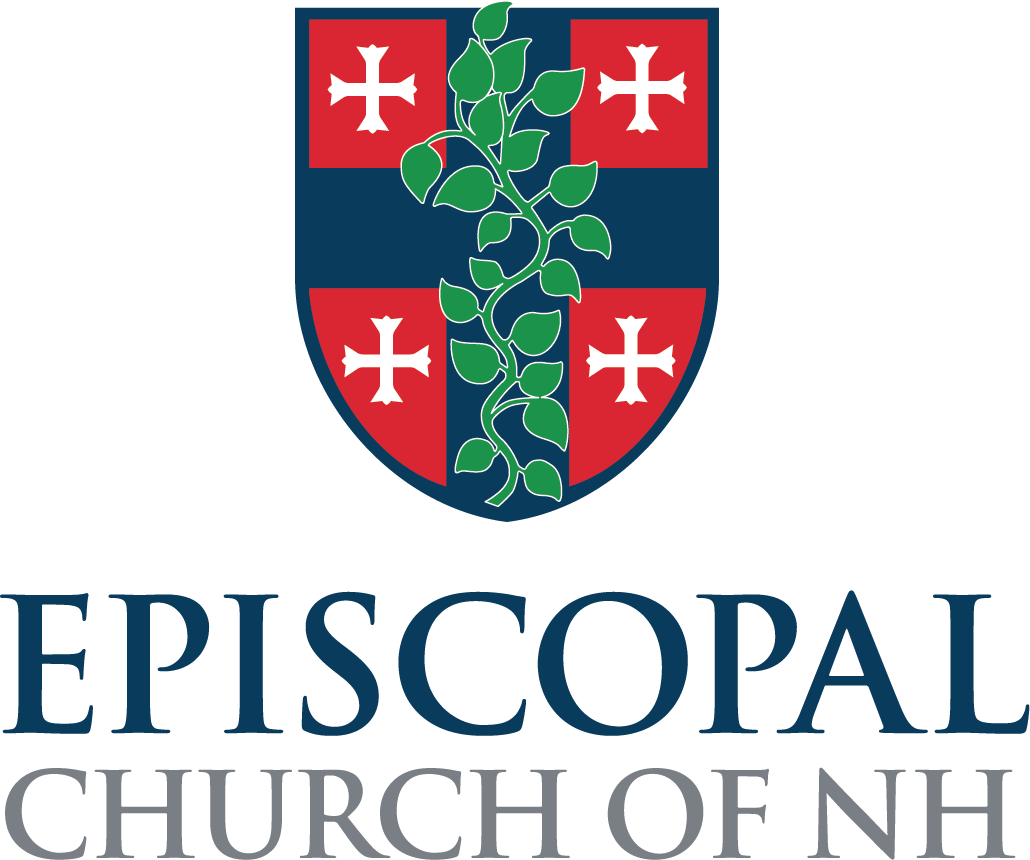For all the boots of the tramping warriors
and all the garments rolled in blood
shall be burned as fuel for the fire.
For a child has been born for us,
a son given to us; authority rests upon his shoulders;
and he is named
Wonderful Counselor, Mighty God,
Everlasting Father, Prince of Peace. (Isaiah 9:5-6)
Tramping boots and blood-drenched garments. These images herald the birth of the Messiah: the words we hear on Christmas Eve. We’ve read them for years on that night, but perhaps have tuned them out of our hearing. Even Handel’s Messiah skips over them. But this year we might notice them as though for the first time.
Despite all our attempts and desires to make Christmas warm and cozy--chestnuts roasting on an open fire, St. Nick softly landing on snow-blanketed roofs--the Biblical witness does not shy from the real and stark context of Christ’s appearing. To the prophet Isaiah, God’s people lived under the very near and present danger of oppression, and even deportation after a hostile invasion by Assyria. Jumping ahead to Luke’s account of Jesus’ birth, we learn that the Holy Family is compelled to leave their hometown of Nazareth because the Emperor Augustus decreed a census--presumably to prepare for a tax that would help defray the exorbitant expense of Rome’s military expansion and occupation throughout the known world. Even further on, “on the Fourth Day of Christmas,” those who are keeping to the liturgical calendar will hear, not of four calling birds, but of the slaughter by Herod of the Innocents, the brutal massacre of all the first-born males of Bethlehem on the orders of a thin-skinned and insecure tyrant who is afraid of being usurped by a mere newborn.
These are the settings into which God chooses to enter the world. And these are the settings into which God chooses, in our own time, to continually take on our frail, broken, selfish, injured and fearful human condition.
Still ringing in our ears are the shouts of rallies, even in our own country, calling for the execution of a political adversary. Deeply disturbing to our hearts are the images of young children so traumatized by the destruction and displacement of their families in Aleppo that they cannot even cry. Beyond our conception is the laughter of a young man confessing his murder of nine black parishioners at Emanuel African Methodist Episcopal Church in Charlestown, South Carolina. Heartbreaking are the senseless deaths of hundreds, here in New Hampshire, caused by a scourge of opioid addiction that has touched families of every race and class.
Despite, indeed because of, all these facts and realities, I look forward more than ever to this Christmas, and I cherish even closer the joy and privilege of being a disciple of the Christ child. In the midst of our perennial divisions and conflicts, I need to see and know that Holy Presence that is the “US’ that binds me together, however uncomfortably, with those with whom I may disagree, dislike, and even fear. Jesus is the deep compassion of God-made-flesh that links all humankind with each other, that binds us to God’s creation, indeed to God’s own heart. The Bible tells us that God’s compassion in Jesus is the path toward peace, justice, love, and eternal life itself. God chooses what is weak in the world to put the powerful and cruel in their place and to make all things new.
Richard Wilbur in his poem “A stable lamp is lighted” captures the essence of God’s taking-on our flesh so that all human flesh can have means to God’s peace and glory. The poem was set to Hymn #102 in our Hymnal 1982. I always look forward to hearing it, even more so this year. The final stanza reads:
Yet now, as at the ending,
The low is lifted high.
The stars shall bend their voices
And every stone shall cry.
And every stone shall cry
In praises of the Child
By Whose descent among us
The worlds are reconciled.
May we enter anew the life of the one who came among us so that we may be reconciled with God and each other in Jesus, Immanuel, God-with-us. And may our Christmas be filled with the steadfast hope and joy that God is still at work within us, doing things that we cannot even ask or imagine. (Ephesians 3:20)
